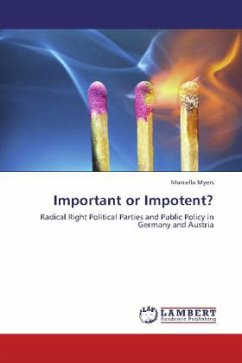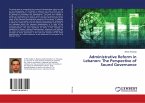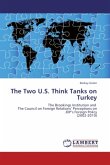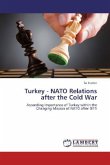Across Western Europe throughout the 1990s radical right political parties emerged and gained some electoral success. Since that time, particularly in the face of the popularity of the National Front in France and the Freedom Party in Austria, many studies have been conducted examining the voting behavior, party membership and ideologies of these parties, and what the parties mean to democratic governments. Largely unexamined are the effects of radical right political parties on public policy. This study attempts to evaluate the effect of radical right parties on public policy by using a most similar, case study research design, relying heavily on legislative debates and proposals to changes in program requirements, and policy change over time in Germany and Austria. Education, minimum income supports and housing are the public policies chosen for assessment in this study.







